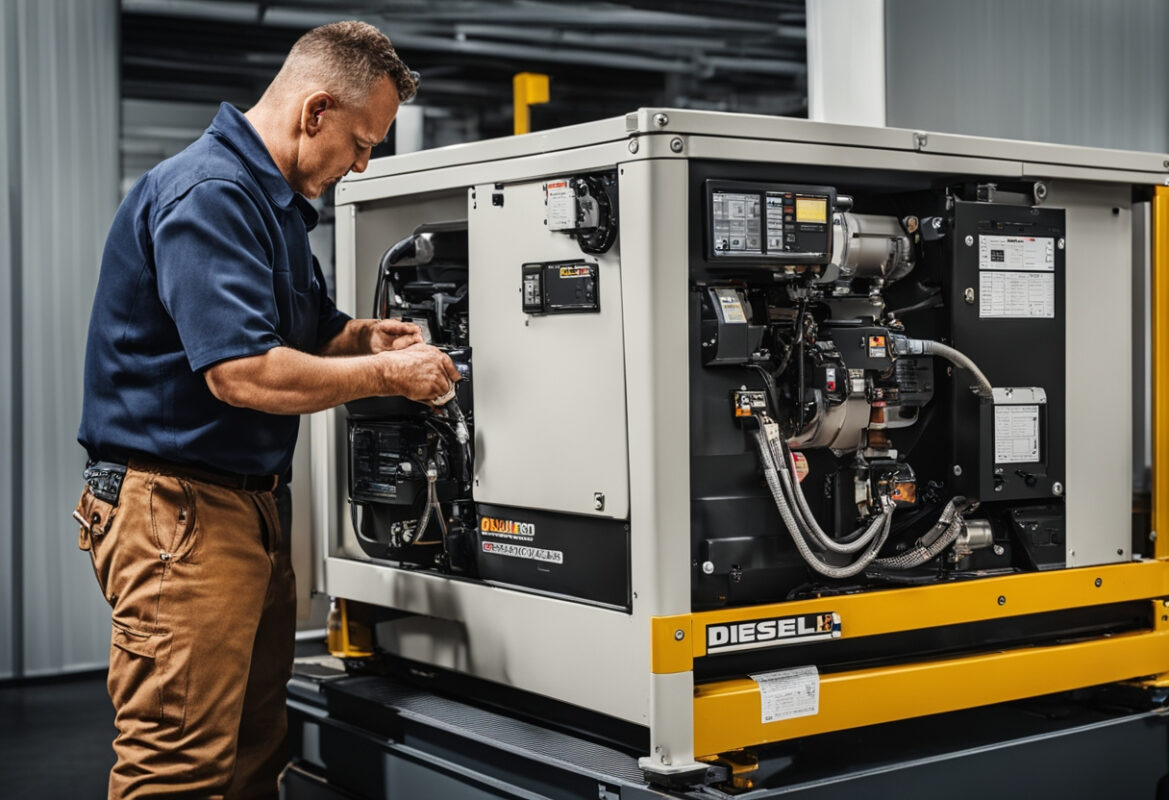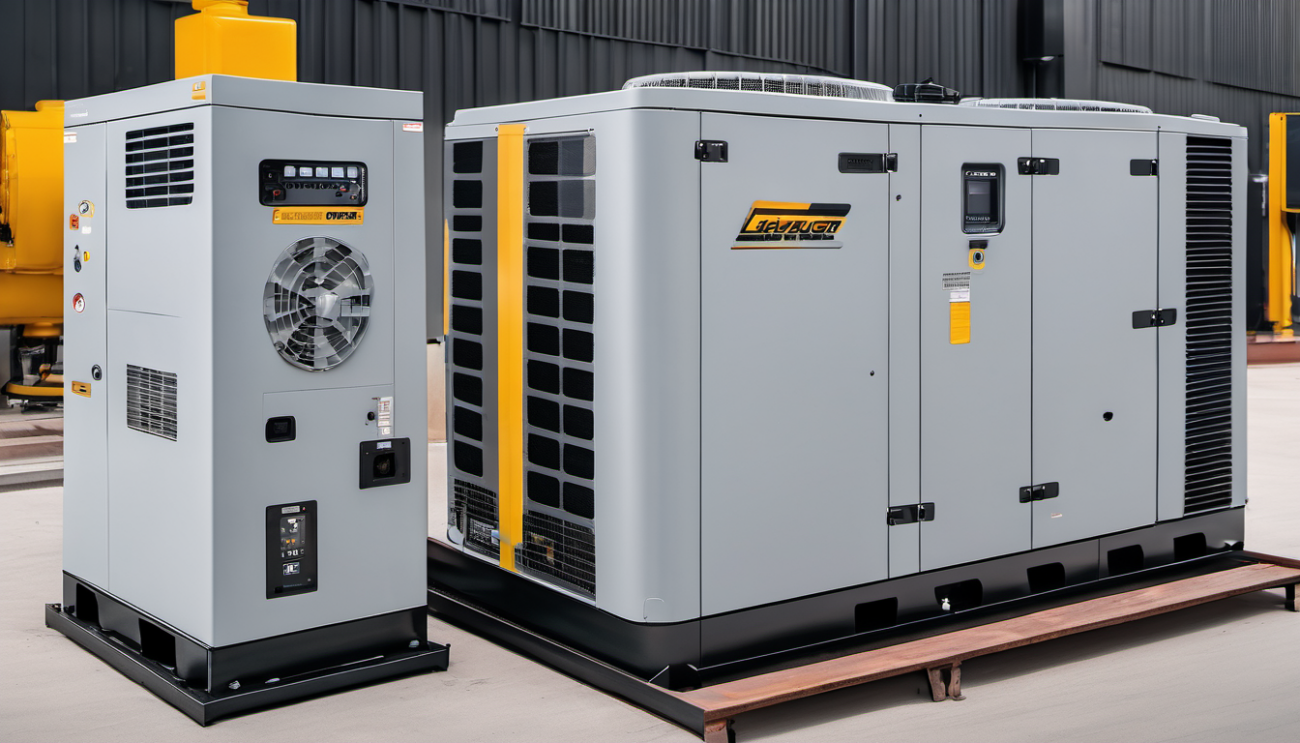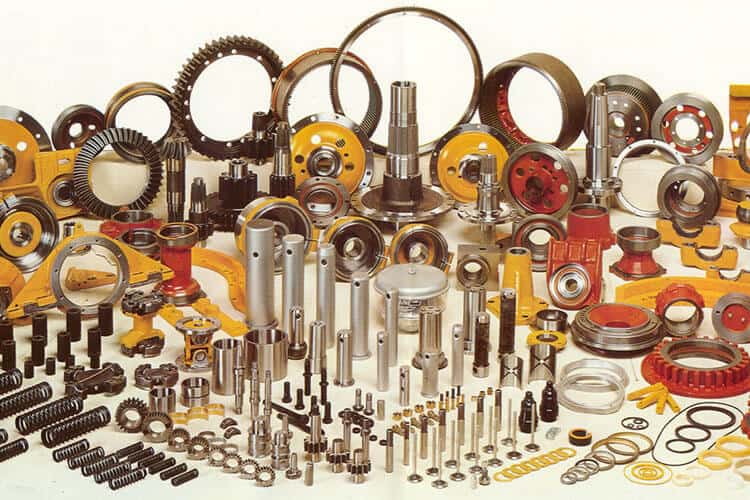When your operations rely on consistent power, whether for primary use or as a backup, diesel generators are essential for providing the continuous and uninterrupted energy required. However, ensuring that your generator performs reliably whenever needed depends significantly on proper maintenance. A thorough understanding of how to maintain your diesel generator unit is crucial to guarantee its optimal performance and longevity. By adhering to regular maintenance schedules and addressing potential issues promptly, you can ensure that your generator remains ready to deliver power whenever necessary.
The Importance of Diesel Generator Maintenance
Regardless of the type of power outage you encounter—be it a blackout or, a permanent fault—diesel generators are vital for ensuring continuous power across various industries. Power outages can significantly increase risks. For instance, healthcare facilities might lose power to critical machines, and data centers might lose secure information. Proper maintenance and regular inspections of your industrial generators make the crucial difference between reliable and unreliable energy.
If your diesel generator serves as your primary source of backup power, its upkeep is critical for optimal performance. Regular maintenance helps prevent power disruptions, ensuring that your generator operates smoothly when needed. Neglecting timely repairs can lead to severe issues down the line, potentially resulting in costly rebuilds.
Preventive maintenance lives up to its name by preventing problems before they escalate. It is essential for maintaining your genset’s optimal performance levels, ensuring long-term functionality, and safeguarding your operations. By adhering to a proper maintenance schedule, you can minimize the need for extensive diesel generator repairs, thereby maintaining reliable power and operational safety.
Conduct General Inspections for Your Diesel Generator
General inspections are the first step in maintaining your diesel generator. These checks, though seemingly basic, can help you catch small potential issues that often go unnoticed. Inspect the following parts of the genset:
- Muffler: Ensure it is secure and check for any signs of damage.
- Exhaust Manifold: Look for cracks, leaks, or signs of wear.
- Exhaust Pipe: Inspect for blockages and ensure it is securely attached.
- Coolant Temperature: Monitor for consistent levels and check for any anomalies.
- Oil Pressure: Verify the oil pressure is within normal operating range.
- Fluid Levels: Check all fluid levels, including oil, coolant, and fuel.
- Fuel Lines: Look for leaks, blockages, or wear and tear.
- Filters: Inspect and replace as necessary.
- Return Lines: Ensure there are no leaks or blockages.
- Controls: Test all controls on the control unit/controller to ensure they are functioning correctly.
- Battery Terminals: Check for corrosion and secure connections.
- Belts and Hoses: Look for signs of wear, cracks, or leaks.
- Engine: Listen for unusual noises and check for changes in performance.
Be vigilant for concerns like corrosion, leaks, and odd noises. Additionally, ensure there is sufficient airflow between the exhaust and other machines or surrounding areas to prevent the diesel generator from overheating the space.
Inspect Cooling Fluids
Check the coolant level during scheduled maintenance after the diesel engine has shut down and cooled. Top off the coolant when it’s low, ensuring you use the correct fluid. Some genset units require a mix of additives like water, antifreeze, and coolant.
Check the Oil
Using a dipstick, regularly monitor the engine’s oil level. Do this when the generator is off and the oil has had time to settle. While oil and filter changes are typically done once per year, consult your owner’s manual for manufacturer recommendations. Always dispose of the oil and filters properly to avoid environmental harm.
Replace Fuel Filters at Regular Intervals
Replacing filters is crucial to maintaining high-performance levels. Diesel can become contaminated and degrade over time, so frequently replacing filters is important. Dirty fluid can clog the fuel filters and lines. Refer to your manual for the recommended frequency of filter changes, which might be around every 500 hours of use. Additionally, remove any water vapor and moisture that accumulates in the fuel tank.
Keep the Generator Clean
Regularly wipe down your diesel generator with a cloth to remove contaminants such as dirt, dust, and other debris. For tougher materials, use compressed air to eliminate any obstructions.
Conduct Load Bank Testing
Load bank testing assesses how the diesel genset performs under a simulated load, running at full operating temperatures. This helps evaluate the overall performance of the generator. Additionally, regularly run the unit to charge the battery and keep the system lubricated. This maintenance step, known as generator exercise, ensures the unit can transition from cold starts to operational status within seconds.
Test the Fuel
Since diesel can become dirty over time, conduct a fuel test during maintenance to check for water vapor levels, degradation, and chemical build-up. Fuel additives can often restore the fuel to stable conditions, allowing you to use the diesel already in the unit.
Test the Batteries
Maintaining the generator battery is crucial for your diesel generator. Without a properly charged battery, your generator will fail as the battery absorbs the power load. Batteries degrade over time, so include battery replacement in your maintenance schedule. Ensure the battery is always charged and inspect it for signs of deterioration. Clean the terminals with the appropriate solution if corrosion is present.
Partner with Our Maintenance Technicians
Preventive and regular maintenance is key to avoiding shutdowns, which can leave your business scrambling for support. Partner with LexiGen Power Solutions Limited to keep your operations running smoothly. Our experts are reliable, trustworthy, and experienced in diesel generator maintenance, offering a premium level of support. As our most valuable asset, you can feel confident we will take care of your needs when inspections are due.








